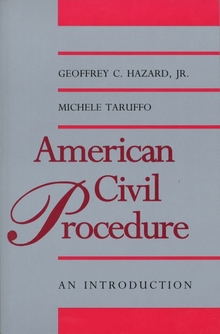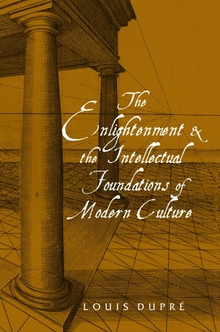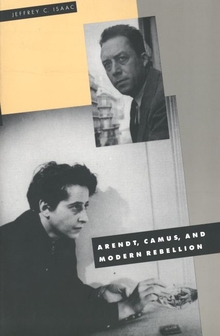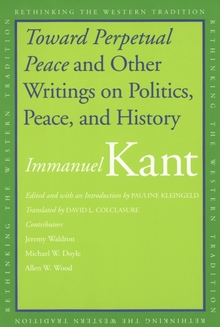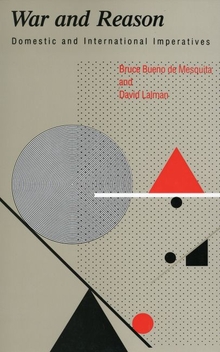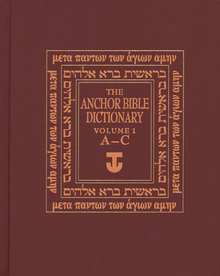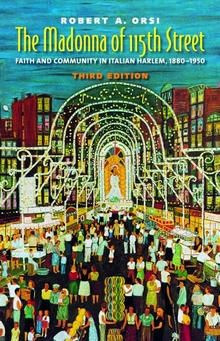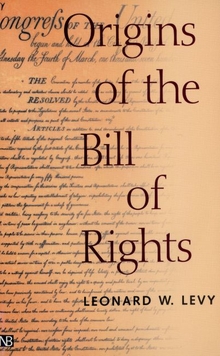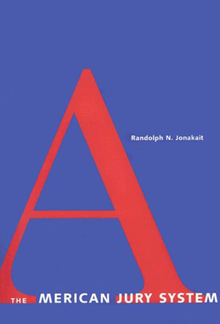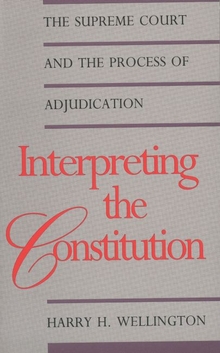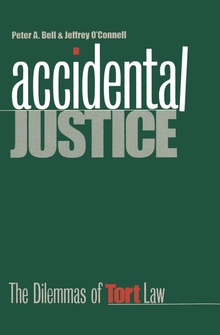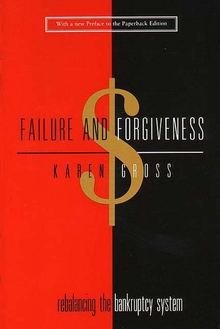American Civil Procedure
WARNING
You are viewing an older version of the Yalebooks website. Please visit out new website with more updated information and a better user experience: https://www.yalebooks.com
An Introduction
Geoffrey C. Hazard, Jr. and Michele Taruffo; Edited by Harry H. Wellington
This clear and direct book by two distinguished professors of law describes and analyzes civil litigation in the United States. Geoffrey C. Hazard, Jr., and Michele Taruffo discuss both specific details and broader themes of American civil litigation, explaining (without legalese) jury trial, the adversary system, the power of courts to make law as well as to "declare" it, and the role of civil justice in government and in the resolution of controversial social issues. Hazard and Taruffo examine the stages of civil procedure, including the lawyers' role in: preparing and presenting cases; the pretrial, pleading and discovery, trial, and appeal process; and procedural variations. They explore the historical evolution of common law and procedure and compare American civil procedure with that in other modern societies in Europe, Latin America, and Japan. They conclude by discussing the economic, political, and moral constraints on litigation, possible innovations to the process, and the political significance of public access to civil justice.
"American Civil Procedure: An Introduction does a wonderful job of explaining clearly and directly both the institutional bases and legal meaning of our procedural system. It combines a lucid and convincing analysis of the way American civil procedure fits with the framework and values of our governmental system with a fascinating step-by-step overview of the process of litigation from filing through appeal. It will be the best single resource for a lay audience seeking a broad comprehension of the civil justice system as well as for specialists looking for intriguing arguments about the promise and problems of that system."—Austin Sarat, William Nelson Cromwell Professor of Jurisprudence and Political Science, Amherst College
"This is an impressive overview of American civil procedure that will provide a useful introduction to the subject for lawyers, students, and the general public."—Linda Silberman, New York University School of Law
"Easy to read and well-indexed, . . . [the book] is impressive to read for those seeking to understand the factors that have formed and influenced our current civil procedure system."—Barbara L. Fritschel, Legal Information ALERT
"A brief, yet thorough review of our law. . . . Law-related education is an important topic in the public schools today, and the authors' description of the role of the Supreme Court and the lower federal courts will serve as an important resource for teachers of civics and government courses. . . . The book's exploration of the links between our democratic credo and the law, and its effort to match current practice against the ideal court procedure, raise this work above the mere hornbook or form book. It provides enjoyable reading, not only for devotee, but also for anyone interested in dispute resolution in American society."—Henry S. Cohn, Federal Bar News & Journal
"Geoffrey Hazard and Michele Taruffo have produced a remarkable exegesis of their subject. As an introduction for academics without law training, this book is without equal. It will help American proceduralists wishing to acquire a comparative or global perspective. Beyond all that, it is simply a seamless, lucid, and thoroughly enjoyable work."—Gene R. Shreve, Michigan Law Review
Publication Date: August 30, 1995

